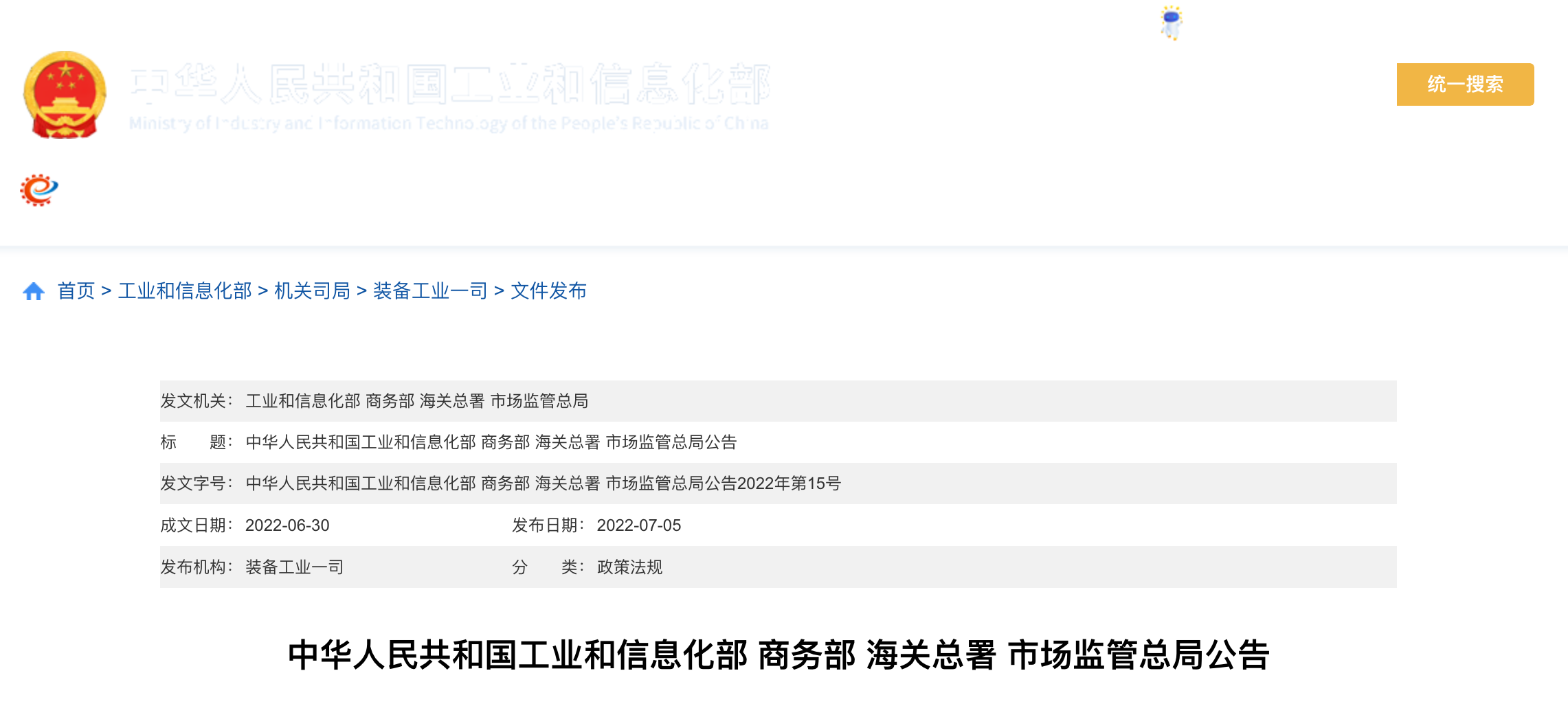In addition to Weibo, there is also WeChat
Please pay attention

WeChat public account
AutoBeta


2024-07-27 Update From: AutoBeta NAV: AutoBeta > News >
Share
AutoBeta(AutoBeta.net)05/10 Report--
According to Caijing, Toyota's joint venture in China has plans to introduce plug-in hybrids in the next two to three years, and it is highly likely that the technical route will no longer follow Toyota's original model, but will probably adopt DM-i technology derived from BYD. According to the report, from the perspective of future product planning, there are about 2-3 models involved, but there is no further information on whether these products will be able to land as promised.

Toyota, one of the most successful car companies in 2023, handed in an extremely eye-catching report card. Toyota's sales revenue and net profit reached a record 45.1 trillion yen (2 trillion yuan) and 4.9 trillion yen (230 billion yuan) in fiscal year 2024 (April 1, 2023 to March 31, 2024), respectively, up 21.4% and 101.7%, respectively, according to the financial report. According to data released by Toyota, Toyota's global sales rose 5% year-on-year to 11.1 million vehicles last fiscal year, breaking the 10 million mark for the first time and growing for the third year in a row.
It is regarded as a hybrid model on the road of electric transformation, which is the key to Toyota's success in the European and American markets.
Toyota was born in resource-poor Japan, so its model is not only fuel-efficient, but also the first company to develop new energy vehicles. It first introduced the Prius to the market in 1997, becoming the most widely recognized hybrid model of Volkswagen. In the more than 20 years after its birth, Toyota sold a total of 600000 cars, but this car was an accident in the Chinese market. The second and third generation Prius were introduced into domestic sales, which ended in failure. The fifth generation Prius coincides with the sweep of Tesla.

In recent years, Toyota has been ridiculed for adhering to the gas-electric hybrid and hydrogen energy line, but in the face of the electrification of the global market, Toyota still has to make compromises. At the end of 2021, Toyota unveiled its electrification strategy and announced that it would invest $35 billion to develop electric vehicles. According to the plan, Toyota will launch 30 electric vehicles by 2030, including pure electric, plug-in hybrid, hydrogen fuel and hybrid vehicles, with an estimated sales of 3.5 million electric vehicles a year. At that time, sales of new energy vehicles will account for 75% of Toyota's total sales. By 2035, Lexus will be transformed into a pure electric brand.
Toyota then launched its first pure streetcar, the bZ4X, which is sold in China and is produced by FAW Toyota and Guangzhou Automobile Toyota respectively. However, the model was frequently shelved before its launch, and sales remained sluggish after its launch. Later, FAW Toyota launched the bZ3, which is owned only by FAW Toyota and is built on the e-TNGA platform and uses BYD's motors and batteries.
BZ3 is a tripartite cooperation product, namely Toyota, BYD, FAW Toyota, the battery and motor are provided by Fudi of BYD, in which the battery uses lithium iron phosphate battery and the rear single motor layout, providing high and low power versions for consumers to choose from, namely 49.92kWh and 65.28kWh, the corresponding motor power is 135kW and 180kW respectively, the CLTC mileage is 517km and 616km.
FAW Toyota bZ3 uses BYD batteries and motors, which is still very lamenting. after all, BYD started by imitating Toyota in its early years, and its F3 imitated Toyota Corolla and became a "hero" of BYD, but now the two have reached cooperation in vehicle research and development, and in key parts of the powertrain.
Although it has unveiled the most aggressive electric plan in history, Toyota remains hesitant and conservative compared with its competitors. On the one hand, Japanese brands represented by Toyota are vested interests of traditional fuel vehicles and will not easily give up fuel vehicles. A full transformation of electric vehicles means giving up core technologies such as engines, gearboxes, chassis and so on. Previously, Toyota has been the top seller in the world for four consecutive years from 2020 to 2023.
Unfortunately, it is difficult for Toyota to sell in the Chinese market, whether it is the bZ4X or bZ3 or other existing gas-electric hybrid models. As for why Toyota insists on diversified choices, first of all, it is a global model, no matter the product positioning, or the product type is omni-directional, it is impossible to bet on electric cars. Second, Toyota is very conservative about electric cars, and in the words of Akio Toyoda, full pure electrification is not determined to be the only way forward.
At the just-passed Beijing auto show, Toyota's director, executive, vice president and chief technology officer, Yuki Nakamoto, made it clear that Toyota will definitely do PHEV, and it doesn't mean simple Plug-in (plug-in), but Practical (feasible). At the end of this month, Toyota will hold a "omni-directional electrification technology conference" in Japan. "at that time, it will not only introduce how Toyota will contribute to the PHEV, but also a landmark small superengine may also be unveiled," a person familiar with the matter said.
Welcome to subscribe to the WeChat public account "Automotive Industry Focus" to get the first-hand insider information on the automotive industry and talk about things in the automotive circle. Welcome to break the news! WeChat ID autoWechat
Views: 0
*The comments in the above article only represent the author's personal views and do not represent the views and positions of this website. If you have more insights, please feel free to contribute and share.











© 2024 AutoBeta.Net Tiger Media Company. All rights reserved.